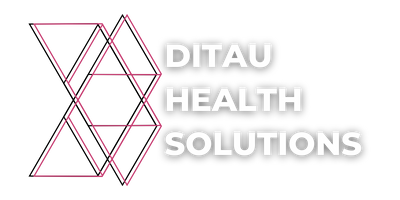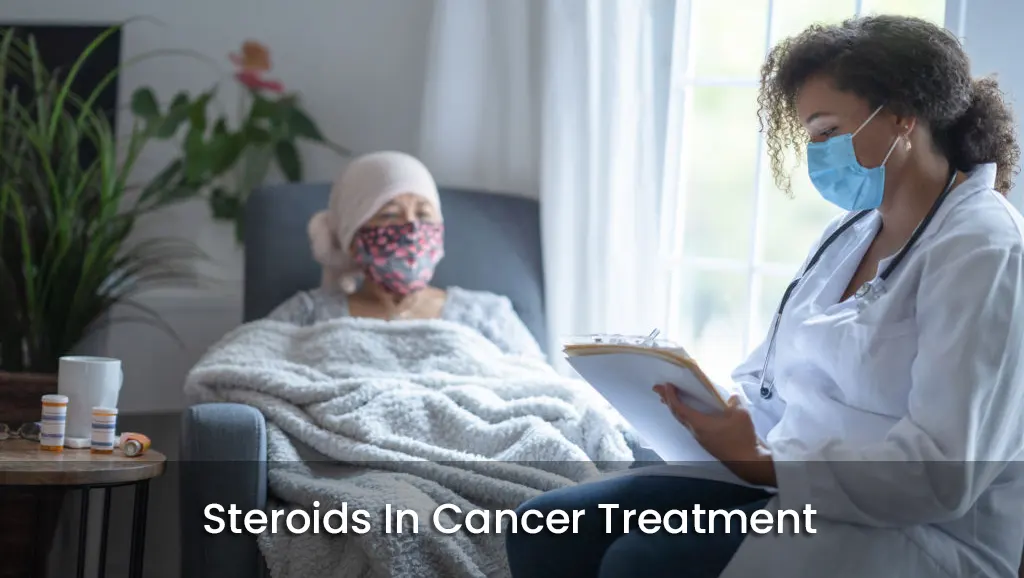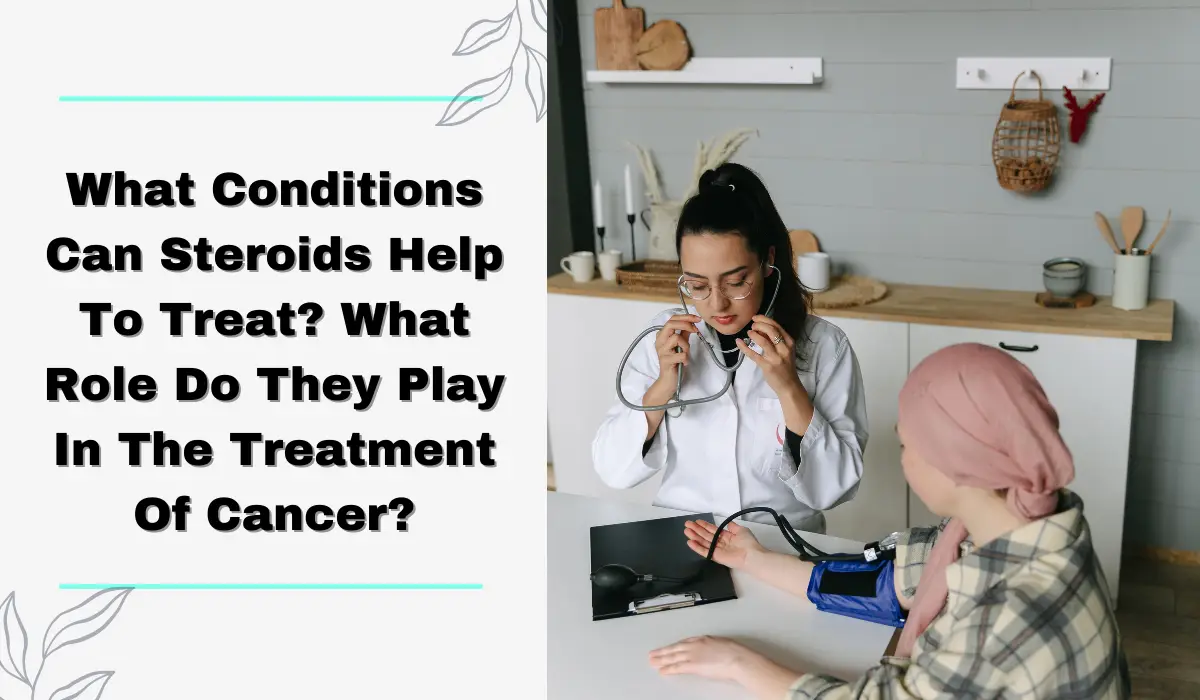Table of Contents
In medicine, we may use synthetic steroids, known as corticosteroids, to assist break fevers, decrease inflammation, and alleviate discomfort. Manufactured steroids, which are available as tablets, creams, and injections, allow us to better manage the quantity of testosterone in our bodies while also making use of its therapeutic properties.
Despite the fact that steroids are routinely utilized in a variety of medical conditions, there are a number of misunderstandings regarding them. What is the procedure for using them? Is it possible to have too much? And are there any negative side effects?
We spoke with Ishwaria Subbiah, M.D., to better understand the advantages and hazards of steroids, as well as how they are utilized in cancer therapy, in order to better understand the topic.
What conditions can steroids help to treat? What role do they play in the treatment of cancer?
An event that causes inflammation is when your body’s natural response to that event occurs, such as when it is attempting to heal a wound or fight an infection. Both of those things are beneficial, but they may also be painful at times. Steroids may aid in the reduction of inflammation, which in turn can aid in the management of pain.
Steroids have a variety of functions in the treatment of cancer. First and foremost, they are occasionally used as part of the cancer therapy itself, such as in the case of certain lymphomas and multiple myeloma cases.
Second, they are very good in alleviating nausea and vomiting associated with chemotherapy treatment.
A CT scan, which takes pictures of your body to find cancer for initial diagnosis as well as during therapy to assess how the disease is reacting, may also be used in conjunction with them. A contrast dye is used to get clear pictures, however, some people are allergic to it, making it difficult to obtain good images. Steroids may assist in controlling the allergy so that patients can receive the contrast dye and have CT scans without experiencing any discomfort.
Furthermore, according to the MD Anderson study, steroids may help alleviate cancer-related fatigue, which is distinct from the exhaustion that you would experience after a hard day at the office. Typically, your energy level is much lower than it was before, and you are unable to identify a specific reason for this. We have noticed that a little amount of steroids may help patients feel more energized, allowing them to have a higher quality of life overall. It is vital to highlight that, in the case of treating tiredness, steroids have no effect on the disease; nonetheless, they may be a useful tool in helping you maintain your energy levels while undergoing cancer treatment.
How do you determine the appropriate dosage of steroids to provide to a patient?
The duration and strength of a steroid prescription are determined by the circumstances. If you are struggling to take a breath because of asthma or COPD, we will give you very high-dose steroids to combat the inflammation in your lungs and airways. It is potentially life-threatening to be having difficulty breathing, therefore we want to get that down to a minimum as rapidly as possible with that high dosage.
We may, however, recommend a lower dosage of steroids for you if you are having cancer-related tiredness, which you may take once or twice a day for a brief period of time to assist improve your quality of life.
It is also possible that you may need to take replacement steroids orally throughout your life if you have an endocrine malfunction caused by a problem with your pituitary gland or adrenal gland.
Do steroids have any negative side effects?
Yes, steroids may have a negative impact on a variety of components of your body’s function. In the case of diabetes, for example, steroids might alter the way your body manages blood sugar levels and cause the levels to increase, which is a serious concern. During your treatment at MD Anderson, we collaborate with our endocrinology team or your primary care doctor who monitors your diabetes to change the dosage of the drugs you are taking to ensure that your diabetes is kept under control while you are on steroids.
Steroids may also have an impact on one’s cognitive abilities. Most typically, they might make you feel more energetic, or even euphoric, depending on the dose. It is possible that you may be awake at night if you take your steroid dosage later in the day. This will have an influence on your sleep/wake cycle. As well as causing confusion, steroids may also cause it in certain people, particularly in the elderly, and when taken in large dosages over an extended length of time. Steroid psychosis is the term used to describe this condition. Patients may have more muddled thoughts and speech may be unable to identify their surroundings and may get more irritated as a result of their condition.
Additionally, steroids may cause an increase in hunger, which may result in weight gain. Aside from their effects on your bones and muscles, steroids may also have a negative influence on your overall health, which can be an issue if you are taking them for an extended length of time.
Swelling, particularly in the legs and the face, may occur in people who have been on steroids for an extended length of time as well.
Steroids, on the other hand, have been used in cancer treatment for decades. We are well aware of the side effects associated with these medications, and we know how to deal with them. As with any medicine, your medical team weighs the risks and advantages of using a steroid in your cancer treatment before making a decision about whether to proceed. Working together, you can determine whether or not adding an anabolic steroid is the best option for you.
What is the purpose of using steroids in cancer treatment?
It is possible that you may be prescribed steroids as part of your cancer therapy for a variety of reasons.
They are able to:
- treat the disease in its own right
- Reduce inflammation and your body’s immunological response, for example, after a bone marrow transplant, and help you feel better while you are going through chemotherapy or radiation.
- increase your desire to eat
It is possible that you have them:
- when you are first diagnosed
- before and after surgery
- before and after radiotherapy
- before, during, and after chemotherapy treatment
- for an advanced cancer
Symptoms and side consequences
We have not covered all of the possible negative effects. It is possible that you may get some of them, but it is quite improbable that you will receive all of them. It is possible that you may experience some of the adverse effects at the same time.
The frequency with which side effects occur and the severity with which they manifest themselves might vary from person to person. The frequency of these adverse effects is difficult to predict since it is dependent on a number of factors, including:
It depends on what other treatments you are receiving – for example, whether you are also receiving other medications or radiation – and what the goal of your steroid treatment is (for example to treat your cancer or to help with symptoms)
If you are using steroids for a short or lengthy period of time, the dosage of steroids will vary.
When should you get in touch with your team?
Your doctor or nurse will go through all of the potential side effects with you. They will attentively monitor your progress during treatment and will inquire about your well-being at your sessions. If any of the following apply, contact your advice line as soon as possible:
You are suffering from serious adverse effects.
Your side effects are not getting any better any time soon, unfortunately.
Your side effects are becoming more severe.
Early therapy may aid in the better management of adverse effects.
You may have one or more of the following adverse effects. They are as follows:
Increased likelihood of contracting an illness
A number of illnesses may be concealed or altered by the use of steroids. Moreover, they may make it more difficult for your body to cope with an infection. The result is that infections are more difficult to detect at an early stage of their progression.
A change in temperature, aching muscles, headaches, feeling chilly and shivery, and feeling generally sick are all signs of an infection. Depending on where the infection is located, you may have other symptoms.
Infections may be life-threatening in certain instances. If you suspect you may have an infection, you should call your advice line as soon as possible.
Mood swings occur
When you use steroids, you may have more anxiety and emotional outbursts than normal. Following the discontinuation of these medications, you may have feelings of fatigue and sadness.
When using steroids, up to 6 out of every 100 persons (6 percent) may develop major mental health issues, according to some estimates. Depression is included in this category. In the event that you observe any changes in your emotional or psychological well-being, notify your doctor immediately. Inform your doctor if you or any members of your family have ever suffered from depression or manic depression (bipolar disorder).
Steroids may sometimes result in a condition known as steroid-induced psychosis. People might get overexcited, confused, and even believe in things that are not really true. This may be alarming, but it will subside if you stop taking the steroids altogether.
Variations in blood glucose levels
It is possible that you will undergo frequent blood and urine tests to monitor for this. Some individuals get diabetes as a result of their lifestyle. It is possible that you may need blood sugar-lowering therapy. However, your blood sugar levels normally return to normal within a few days after stopping the steroids.
If you already have diabetes, you may need to monitor your blood sugar levels more often than you would normally.
Appetite increases, resulting in weight gain.
Steroids have been shown to boost appetite. It might be challenging to maintain a healthy weight when you are feeling more hungry. When you stop using steroids, your appetite will return to normal – however, some individuals may need to diet in order to drop the excess weight.
Consult your nurse or nutritionist for advice on how to maintain a healthy weight in a safe manner.
A buildup of fluid
Swelling in your arms, hands, ankles, legs, face and other regions of your body may be caused by a buildup of fluid in your body. If anything like this occurs to you, call your doctor right away.
Sleeping problems are a common occurrence.
It may be beneficial to make a few adjustments to your sleeping schedule and environment. If possible, set your alarm around the same time every day and spend some time resting before bed. A few minutes of mild exercise each day may also be beneficial.
It is best to take your steroids first thing in the morning or around noon.
Heartburn is a common symptom of indigestion.
Because they might irritate your stomach, it is best to take your pills after a meal or with milk.
Ulcers in the stomach or upper portion of the small intestine may be caused by steroids (duodenum).
Inform your doctor or nurse if you develop any of the following symptoms:
If you are experiencing a gnawing or scorching discomfort in your stomach (abdomen)
indigestion \sheartburn
Cushing’s syndrome is characterized by changes in your face and look.
You may come up with something like this:
The face that is bloated or puffy, Stretch Marks, Acne, and increased facial hair
It is possible that you may gain weight around your stomach (abdomen).
This may be a very unpleasant experience. If you have any of these adverse effects, speak with your doctor or nurse.
High blood pressure
If you are experiencing headaches, nosebleeds, blurred or double vision, or shortness of breath, notify your doctor or nurse right once. Your blood pressure will be checked on a regular basis by your nurse.
Problems with the eyes
You might be suffering from one or more of the following eye problems:
The lens of the eye becomes cloudy as a result of this condition (cataracts)
glaucoma is a kind of eye disease that affects the vision (damage to an eyesight nerve)
Infections of the eyes
Increased strain on the eyesight nerve might cause difficulties with your vision, such as blurred vision.
Inform your doctor or nurse if you are experiencing any issues with your vision.
Skin changes with time.
The following are examples of skin changes:
rashes, skin thinning, bruising, and swelling
It is possible that wounds may take longer to heal than normal.
Bones are weaker
You may have weaker bones as a result of bone loss (osteoporosis).
Dizziness and a sense of being off-balance (vertigo)
It is possible that you may feel dizzy and that the room will seem to be whirling. This is referred to as vertigo. If this occurs, notify your doctor or nurse immediately.
The amount of white blood cells has increased.
Increased white blood cell counts in your blood may be caused by using steroids. This might be detected by your doctor during a complete blood count.
The color pumthaifood.com of one’s hair changes.
It is possible that you have more body hair than normal. It is possible that the hair on top of your head may be thin. Other people are typically unaware of this, although it may be disturbing to the one experiencing it.
Heart issues are a common occurrence.
If you have just had a heart attack, using steroids might cause significant cardiac difficulties.
Muscle degeneration
The strength in your legs may be diminished and walking or climbing stairs may be more difficult. You may get muscular aches for a brief period of time after ceasing therapy.
Symptoms of an allergic response
A skin rash, itching, swelling of the lips, cheeks, or throat, breathing difficulty, fever, and chills are all possible symptoms of an allergic response to steroids. If you have any weird or unusual feelings, notify your nurse or doctor right away.
Headaches
If you are experiencing headaches on a regular basis, notify your doctor or nurse. They may be able to provide you with medicines to alleviate your discomfort.
Children who are experiencing growth issues
Steroids have the potential to induce development difficulties in infants, children, and adolescents. Doctors will weigh the risks and advantages of administering large doses of steroids to your kid before making a recommendation.
Potassium levels in your blood are too low.
If you get cramping in your arm or leg muscles, tingling or numbness, palpitations (feeling your heartbeat irregularly), or if you feel dizzy, tell your doctor or nurse.
Hypokalaemia is a term used to describe a low potassium level in the blood. During cancer therapy, you could be subjected to blood tests to screen for this.
You feel a burning or tingling sensation around your bottom.
During a steroid injection into a vein, you may experience a burning or tingling feeling around your lower abdomen and lower back (intravenous). It generally disappears when the injection has been completed. Your nurse will administer the injection gently in an attempt to avoid this.
Epilepsy is growing more severe.
If you suffer from epilepsy, consuming steroids may exacerbate your condition even worse.





2 thoughts on “Steroids In Cancer Treatment”